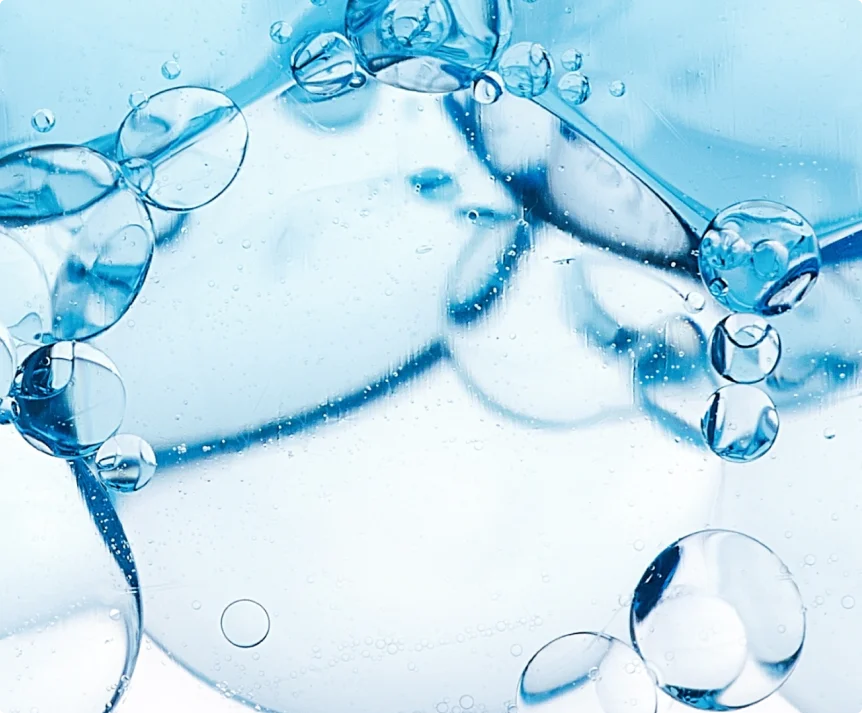
Benefits of Peptides in Skincare

Peptides offer numerous benefits that improve the overall appearance and health of the skin. By stimulating collagen production, improving elasticity, and offering skin-repairing properties, peptides can significantly enhance skin texture and reduce the visible signs of aging.

Whether you're seeking to firm your skin, boost hydration, or reduce fine lines, peptides are a powerful tool to incorporate into your skincare routine.
Why Are Peptides Beneficial for the Skin?
Peptides are essential for maintaining the integrity of the skin’s barrier and promoting healthy cell turnover. As building blocks of proteins like collagen and elastin, peptides stimulate the skin to repair and regenerate, helping to fight the signs of aging and improve skin texture.
Benefits Of Peptides For Your Skin:

Boost Collagen
Production

Improve Skin
Elasticity

Repair and
Protect the Skin

Reduce Inflammation
and Redness

Hydrate and
Nourish the Skin

Peptides in Your Skincare can...
Peptides and Anti-Aging: A Perfect Pairing

As we age, our skin undergoes natural changes that result in the formation of fine lines, wrinkles, and a loss of elasticity. Peptides are incredibly effective in combatting these signs of aging.

By stimulating collagen and elastin production, peptides help to restore the skin's structure, improving its firmness and reducing sagging.

Furthermore, peptides can enhance the skin’s ability to retain moisture, which is crucial in maintaining a youthful appearance. Well-hydrated skin is less likely to show visible signs of aging, such as dryness and fine lines.

By incorporating peptides into your anti-aging skincare regimen, you can achieve smoother, more vibrant skin and reduce the visible effects of aging.
FAQ’s

Why Peptides Are a Must-Use

Peptides are one of the most effective and versatile ingredients for improving skin health. Whether you’re concerned about fine lines, skin elasticity, or overall hydration, peptides can provide the support your skin needs to look and feel its best. By incorporating peptides into your skincare routine, you can boost collagen production, reduce the signs of aging, and enjoy healthier, more youthful-looking skin.





